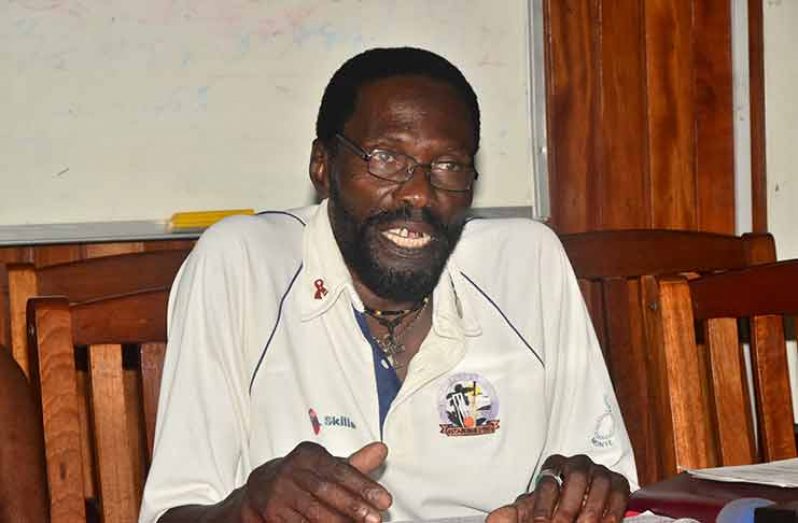THE United Minibus Union (UMU) has delivered a proposal to the Ministry of Business for a number of considerations, including a 25 per cent fare increase for short drops and a $40 increase for longer routes.
Among the other requests on the proposal, handed in on Monday are: the removal of the ban on used tyres, excise tax reductions and proper management of the importation of minibuses.
President of the UMU, Eon Andrews told this newspaper that the proposed increase is not influenced solely on the recent rise in fuel prices, but on the overall expenses of conducting business as a minibus operator.
These expenses also include costs for vehicle parts, maintenance and documents. “We don’t’ feel that we must base our arguments on fuel because we recognise that fuel increase or decrease is really controlled by the international market…there has been astronomical increases in spare parts and other operational costs…and we can look at those things,” he said.
However, Andrews stated that the union is also open to the provision of subsides from the government should the increase be non-negotiable. In addition, the proposal calls for the quashing of the present ban on used tyres by the Government which took effect on April 1, 2017.
Andrews said that in all parts of the world there are very large used-tyres industries which adhere to a grading system, a practice Guyana can similarly implement. “They can grade the tyres instead of banning the tyres. We’ve had complaints where the [new] tyres don’t last six months on the roads that we have, they just get damaged,” he said.
When it was pointed out that the Government had implemented this ban for safety precaution, among other reasons, Andrews responded: “Tyres don’t drive vehicles. Accidents are caused by irresponsible driving; drunken driving; persons who are licensed that ought not to be licensed. I think that it’s indiscipline. That is where the police come in, they have to enforce the law,” he said.
On matters relating to vehicle parts and maintenance expenses, Andrews says that this issue is not entirely up to the government but to the private sector. “The private sector seems to have a hold on these spare parts among other things, but I don’t know if the government could probably talk to them…If there is an import tax on certain things that could be decreased, I guess that the private sector may be able to, and I think as good corporate citizens they will, comply and try to help the minibus operators,” he said.
The union’s proposal also calls for the government to look into the number of buses in the country. “We think that there are too many buses in the country…I think that is where some of the problems may well have been derived because the competition is so fierce that people are breaking the laws to make money,” he said.
Altogether, the union believes that the government must act swiftly to address these situations, even as it looks forward to an end result that can benefit all parties. “What is going on as it relates to this tension for minibus service providers and taxi service providers to increase fares, is a more or less dangerous situation that could lead to violent exchanges between commuters and the operators of these vehicles.
“I think the government, if they’re a responsible government which I think they are, ought to at least fast track this, so that we can get to meet and see how quickly we can resolve this,” he said.
Apart from these matters, the UMU awaits word on the move by the City Council last week which saw Industry minibus operators receiving first preference to passengers on the University of Guyana (UG)-Industry bus park. In the meanwhile, the union has advised the UG-Industry bus operators to avoid confrontation and to remain civil until the matter is resolved.





.jpg)








